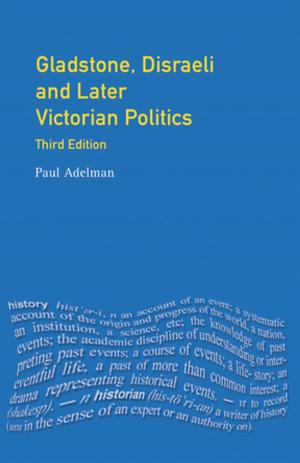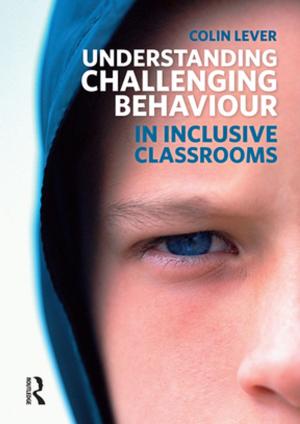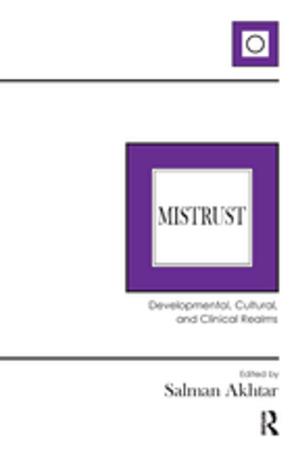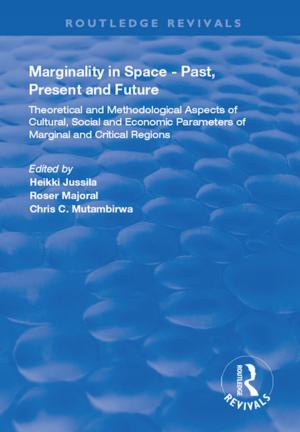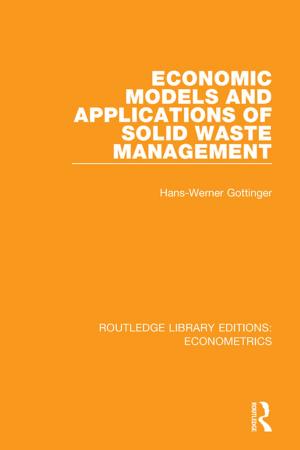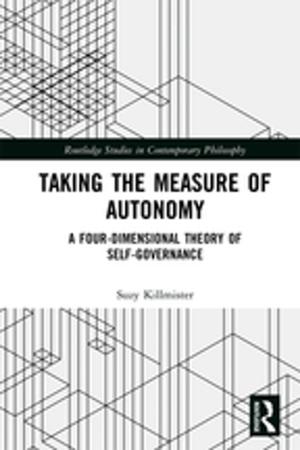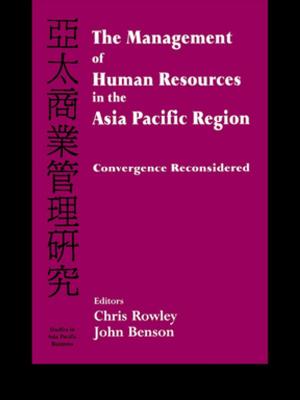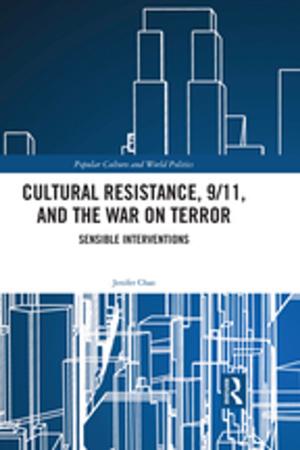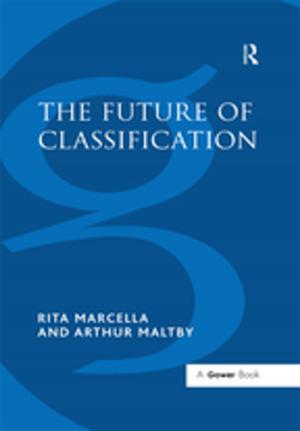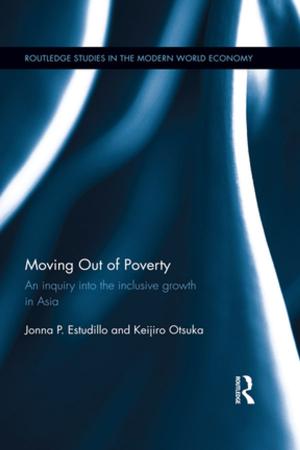The Muslim Conquest of Iberia
Medieval Arabic Narratives
Nonfiction, History, Reference, Historiography, Africa, Middle East| Author: | Nicola Clarke | ISBN: | 9781136588198 |
| Publisher: | Taylor and Francis | Publication: | July 26, 2012 |
| Imprint: | Routledge | Language: | English |
| Author: | Nicola Clarke |
| ISBN: | 9781136588198 |
| Publisher: | Taylor and Francis |
| Publication: | July 26, 2012 |
| Imprint: | Routledge |
| Language: | English |
Medieval Islamic society set great store by the transmission of history: to edify, argue legal points, explain present conditions, offer political and religious legitimacy, and entertain. Modern scholars, too, have had much to say about the usefulness of early Islamic history-writing, although this debate has traditionally focused overwhelmingly on the central Islamic lands.
This book looks instead at local and regional history-writing in Medieval Iberia. Drawing on numerous Arabic texts – historical, geographical and biographical – composed and transmitted in al-Andalus, North Africa and the Islamic east between the ninth and fourteenth centuries, Nicola Clarke offers a nuanced and detailed analysis of narratives about the eighth-century Muslim conquest of Iberia. Comparing how individual episodes, characters, and themes are treated in different texts, and how this treatment relates to intellectual debates, literary trends, and socio-political conditions at the time of writing, she shows how competing priorities shaped myriad variations on a single story and how the scholars and patrons of a corner of the Islamic world distant from Baghdad viewed their own history.
Offering a framework in which historians of Christian Iberia (and of Christian Europe more generally) can approach and make sense of culturally-significant texts from Muslim Iberia, this book will also be relevant to broader debates about the historiography of early Islam. As such, it will be of great interest to scholars of historiography, world history and Islamic studies.
Medieval Islamic society set great store by the transmission of history: to edify, argue legal points, explain present conditions, offer political and religious legitimacy, and entertain. Modern scholars, too, have had much to say about the usefulness of early Islamic history-writing, although this debate has traditionally focused overwhelmingly on the central Islamic lands.
This book looks instead at local and regional history-writing in Medieval Iberia. Drawing on numerous Arabic texts – historical, geographical and biographical – composed and transmitted in al-Andalus, North Africa and the Islamic east between the ninth and fourteenth centuries, Nicola Clarke offers a nuanced and detailed analysis of narratives about the eighth-century Muslim conquest of Iberia. Comparing how individual episodes, characters, and themes are treated in different texts, and how this treatment relates to intellectual debates, literary trends, and socio-political conditions at the time of writing, she shows how competing priorities shaped myriad variations on a single story and how the scholars and patrons of a corner of the Islamic world distant from Baghdad viewed their own history.
Offering a framework in which historians of Christian Iberia (and of Christian Europe more generally) can approach and make sense of culturally-significant texts from Muslim Iberia, this book will also be relevant to broader debates about the historiography of early Islam. As such, it will be of great interest to scholars of historiography, world history and Islamic studies.

